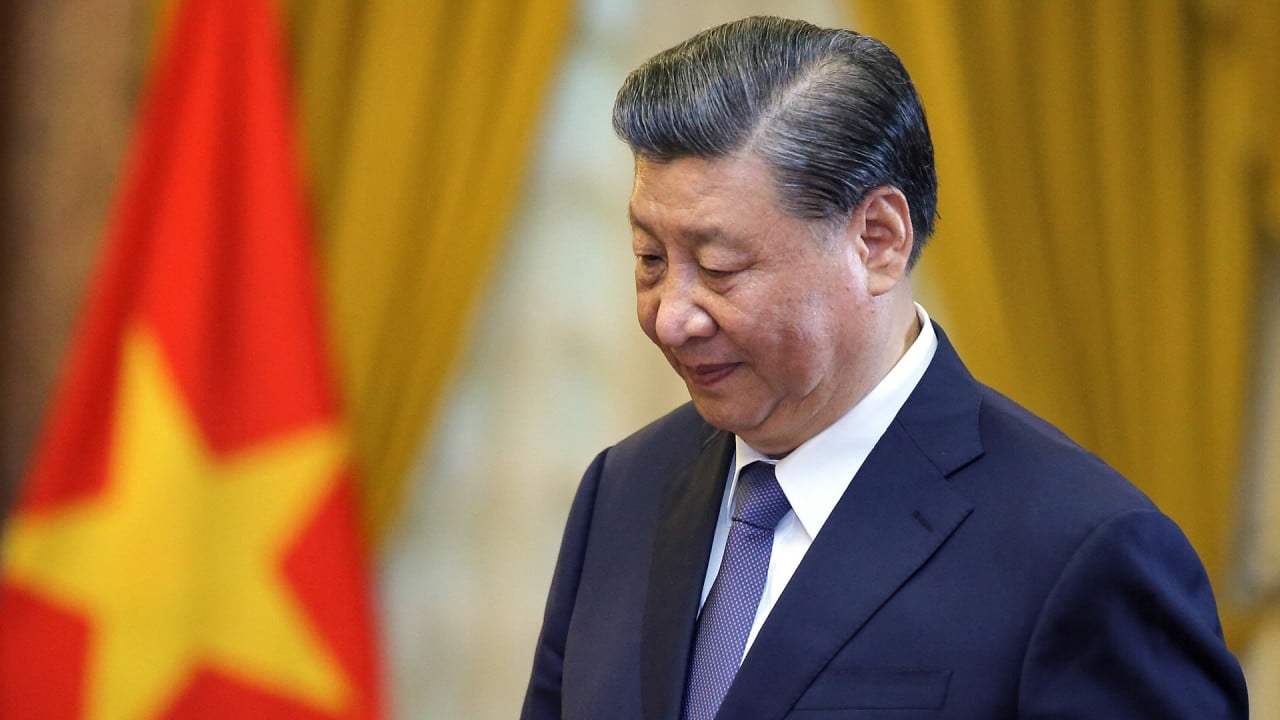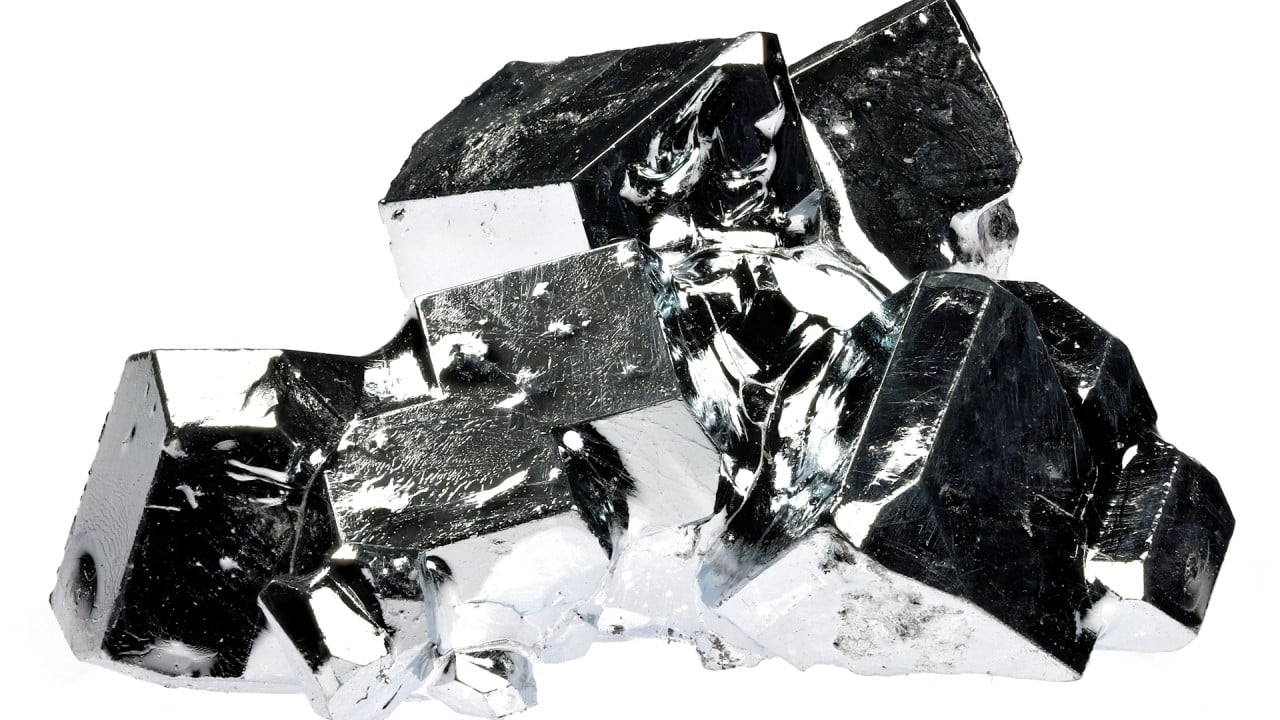Vietnam wants China, with its advanced technology and know-how, to help it develop its rare earth industry chain, but only up to a point – Hanoi also wants to maintain control over its domestic industry and innovation.
China may be willing to help establish the infrastructure a Vietnamese rare earth industrial complex requires, although export restrictions prohibit it from directly granting any country access to Chinese processing technologies.
On a more strategic level, working with Vietnam on rare earth processing could help Beijing “de-risk” from America’s “de-risking” policy. Establishing processing plants in Vietnam would help Chinese companies keep customers in developed countries by circumventing the “Made in China” label.
Beijing appears to be seizing the opportunity. China’s Baotou INST Magnetic, an Apple supplier, has reportedly leased a factory in northern Vietnam for a magnet plant. Other companies have joined Vietnam’s rare earth industry, including South Korea’s Star Group Industrial, which plans to produce 5,000 tonnes per year of high-end neodymium magnets by 2025.
Vietnam has long sought partnerships with countries that have advanced technology in the sector, such as Japan, South Korea and Australia. But previous collaboration attempts, which include investments in Vietnam’s mining, supply chain and research, have not yielded sufficient progress to kick-start its rare earth industry.
Today, Vietnam’s rare earth processing technology remains weak. Purities of up to 99.9 per cent are required in the rare earths used to make high-quality permanent magnets. But Vietnam can only refine rare earths up to 70 per cent in laboratory settings – far below the industry standard and its export requirement of 95 per cent.
Today, it has addressed both the financial and environmental problems of the sector and developed cutting-edge technologies. It is highly qualified to give Vietnam advice on how to jump-start its rare earth industry.
In a partnership, Vietnam stands to benefit from China’s experience and advanced technologies. Beijing, meanwhile, wants to source raw materials from Vietnam, which has the world’s second-largest rare earth deposits after China.
Vietnam’s other great advantage in developing a rare earth industry is, for now, theoretical: its labour force.
The country lacks the targeted education and corporate training required to produce the talent needed for the industry. This can be overcome in the short term through corporate training contracts. Importantly, over time, the country can cultivate its own highly skilled workforce by expanding and adding mining engineering programmes at its universities.
Given that the average Vietnamese mining worker salary is only around 30 per cent of what their Chinese peers get, Vietnam’s competitively priced low-skilled labour also gives it an advantage over China.
Vietnam faces a Catch-22: it needs Chinese expertise to develop domestic capacity but doesn’t want to invite exploitation. It wants lessons in rare earth innovation and is willing to pay with raw materials and other incentives to attract Chinese industrial players. It’s just not willing to make sacrifices that stifle or suppress its potential at home-grown innovation.
On top of this strategic dilemma, Vietnam’s political turmoil threatens its rare earth dialogue with Chinese enterprises. Negotiations over such a highly-valued industry require time and investment that a revolving leadership door could undermine. More high-profile departures could delay or derail Hanoi’s ambitious plans.
Mengshi Ren is a Georgetown master of foreign service student, concentrating on science, technology and international affairs. He is currently interning at Trivium China as a climate and energy policy analyst



